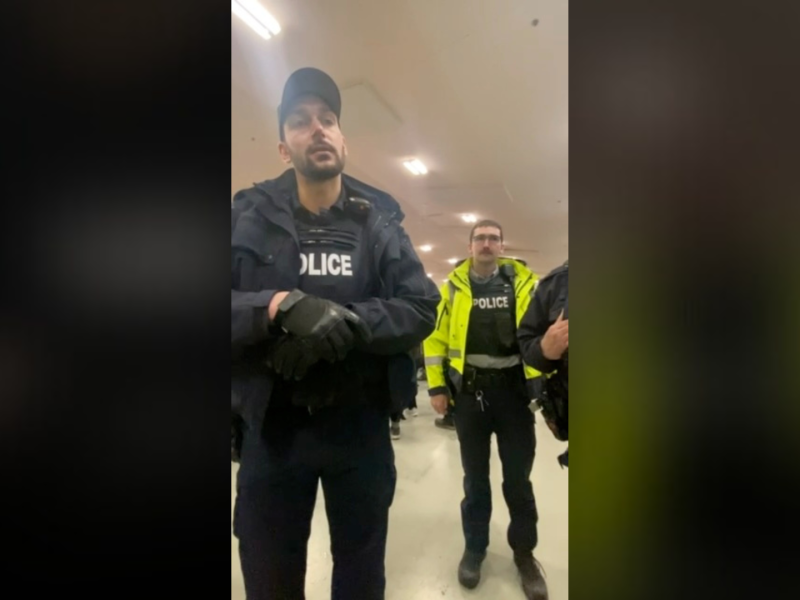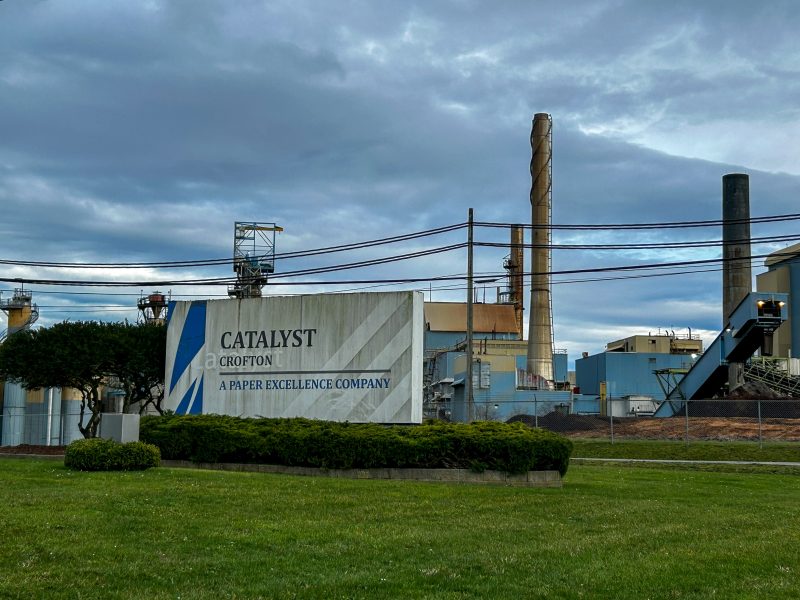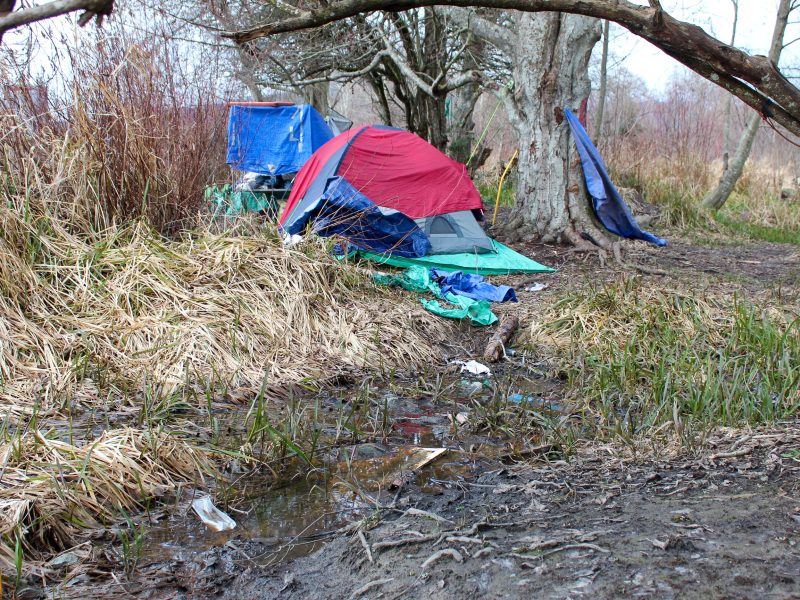
Erin Blondeau is a Métis climate reporter and writer, living on the west coast of B.C. She is the communications director of the Climate Emergency Unit.
This year’s National Indigenous Peoples Day was extra special because it was the first time in nearly three years that festivities could happen in-person. All across the country, the smell of bannock and the sound of drums highlighted the celebration of Indigenous culture and excellence.
In the worlds of fashion and wellness, we see Indigenous role models like Shayla Oulette Stonechild take the world by storm with teachings of two-eyed seeing, guidance on decolonizing wellness, and sharing important conversations about what it means to be an Indigenous Matriarch. In the world of energy security, we see Melina Laboucan Massimo forging her way through a mostly male, white and corporate-dominated industry to show the world that not only is a green energy transition possible, but that Indigenous leadership and knowledge will guide the way. In the world of art, we see talented artists like Jaalen Edenshaw, whose Haida art was featured by tech giant, Twitter. All around us, stories of Indigenous culture and knowledge are flourishing.
But let us not forget that Inuit, Métis, and First Nations cultures are alive and thriving because of perseverance and Indigenous-led resistances. For non-Indigenous people, June 21 must be about more than joining in on community celebrations, because Indigenous people around the world are still fighting for freedom. To be truly committed to reconciliation, Canadians must turn their attention to the ongoing struggles that Indigenous Peoples are subjected to through colonization, land grabs, and the expansion of industry without consent.
For this year’s Indigenous Peoples Day, let’s draw attention to some of the resistances led by Indigenous peoples across the continent.
Indigenous peoples in Canada mourn lost children while denial of genocide continues
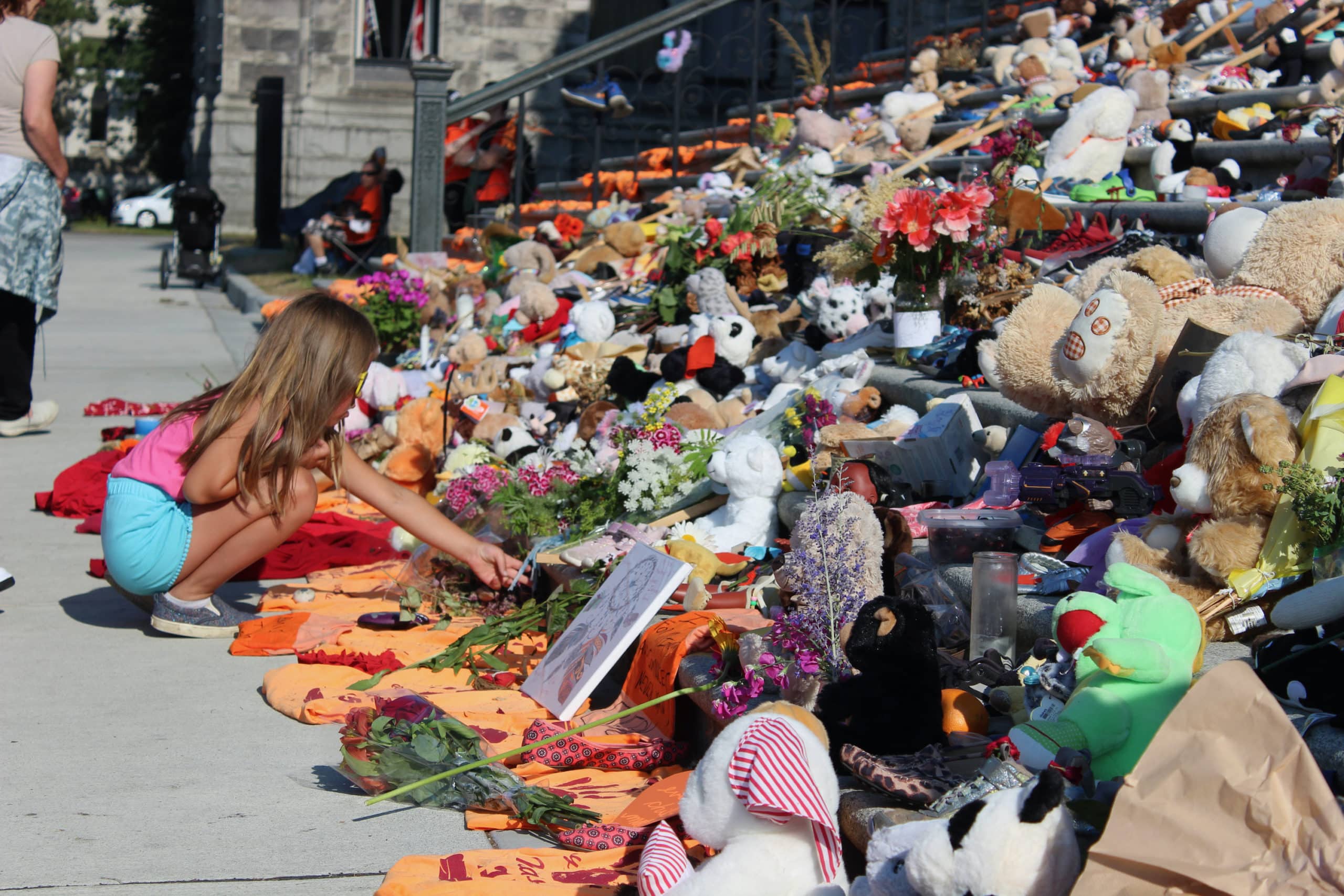
While virtually all Canadians are aware of child graves at residential school sites, some non-Indigenous people have turned to a new form of denial to undermine the history of Canadian colonization.
Residential school denialism has recently taken hold in Canadian media through misrepresentation and rejection of the facts of the residential school system. Despite this denialism, residential school survivors continue to speak their truth for all to hear: The Kuper Island podcast by CBC gives listeners the ability to learn about residential schools through the stories of survivors. Other survivors have also chosen to publicly share their stories on National Indigenous Peoples Day to raise awareness about the legacy of Canadian colonialism.
As more truth comes to light, so too does racism. Shortly after a controversial New York Post article,filled with residential school denialism, was published, a man from Mission, BC drove a pick-up truck into a group of Indigenous peoples taking part in a peaceful march to commemorate the children lost at residential schools. Even though the man appeared to drive deliberately into the group and reportedly used racial slurs, the RCMP stated that the incident did not appear to be targeted or have “anything specifically to do with the people marching or their cause.”
Continuous violations on Wet’suwet’en rights and sovereignty
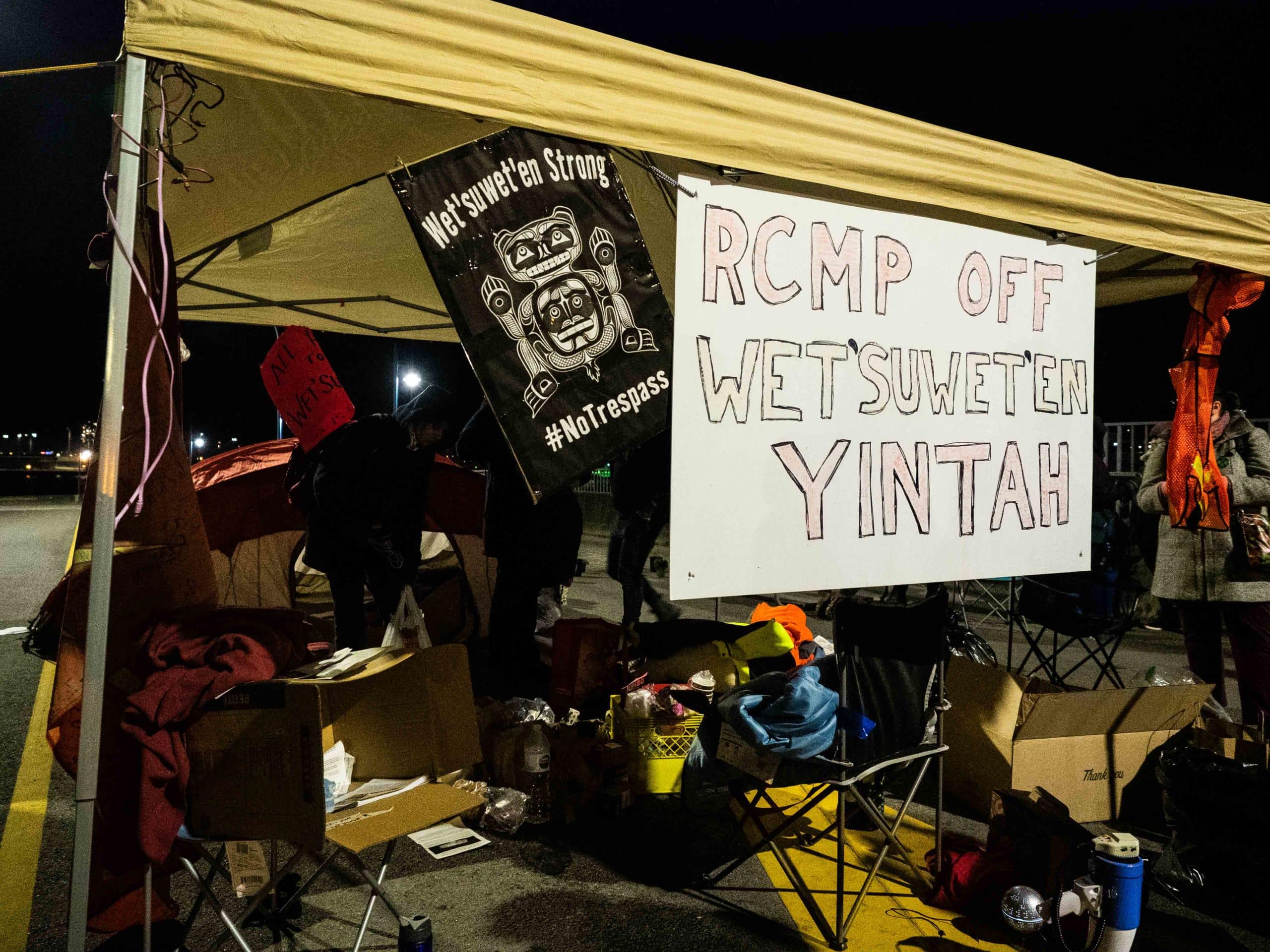
The oil and gas company Coastal GasLink (CGL) is attempting to build a pipeline through the unceded and unsurrendered territory of the Wet’suwet’en peoples in Northern B.C. The proposed pipeline would run through Wedzin Kwa (Morice River), threatening Wet’suwet’en ways of life and biodiversity in the region.
Under Wet’suwet’en law, all five clans of the Wet’suwet’en oppose the CGL pipeline and do not provide their consent. CGL, with the protection of the RCMP, continue to force themselves onto the yintah (territory). According to a report by APTN, a special arm of the RCMP was created to defend industry—specifically the expansion of the Coastal GasLink and TransMountain pipelines (both projects are opposed by numerous Indigenous communities). This secretive police group, called Community-Industry Response Group (C-IRG), is described on its website with a purpose to “provide strategic oversight addressing energy industry incidents and related public order, national security and crime issues.” This secretive RCMP group has been reported to operate without name tags or identifiers, and have members who wear the controversial “thin blue line” patch.
Indigenous-led resistances in Ecuador
Ecuador has an Indigenous population of nearly 1.1 million peoples. Like Canada, Ecuador has experienced dramatically rising inflation and gas prices, exacerbating poverty among the working class. To protest the policies of the right-wing government, Indigenous groups, with the help of trade unions and social organizations, are leading a powerful resistance against the rising cost of living by demanding urgent government action, such as food price controls and the renegotiation of personal bank loans. Indigenous groups are also demanding an end to expansion of oil and mining development.
The protests have turned violent in many areas as the government declared a state of emergency in an attempt to counter the resistance. Amnesty International has released a statement, outlining the severity of the human rights violations in the region.
Activist murdered in the Amazon for protecting and defending Indigenous rights
Indigenous peoples are often subjected to violence and threats to their wellbeing, simply for existing as Indigenous peoples. In the Amazon, Indigenous expert Bruno Pereira had been fighting for the protection Indigenous rights, including protecting their waterways and natural resources, and by teaching them how to resist constant threats to their sovereignty. Pereira was recently assassinated for standing up for Indigenous rights.
Allyship requires more than enjoying Indigenous culture
Though these stories are from varying communities across North and South America, they have something in common: the harm is inflicted by the hands of colonial forces and in defiance of Indigenous rights as outlined in the United Nations Declaration of Rights of Indigenous Peoples.

To be true allies, non-Indigenous people must hear, acknowledge and act on injustices. Acting as an ally can come in the form of spreading awareness of important issues when talking to friends, family, and communities, and by sharing stories on social media. It can also come in the form of donating to Indigenous-led organizations and communities. And finally, allyship also means supporting Indigenous communities as they resist industry expansion on their own territories. [end]

